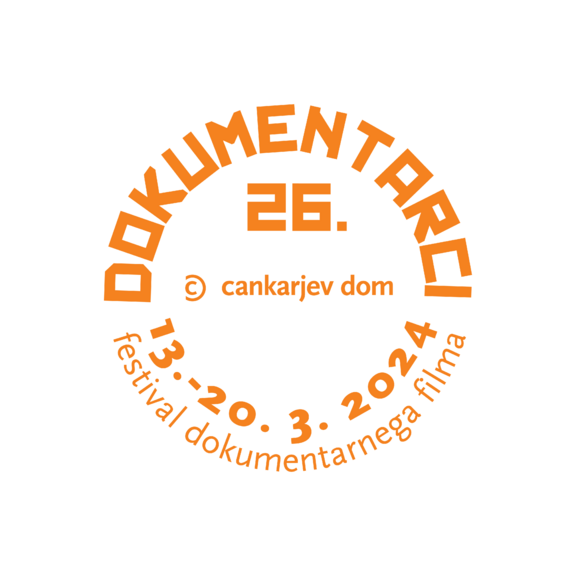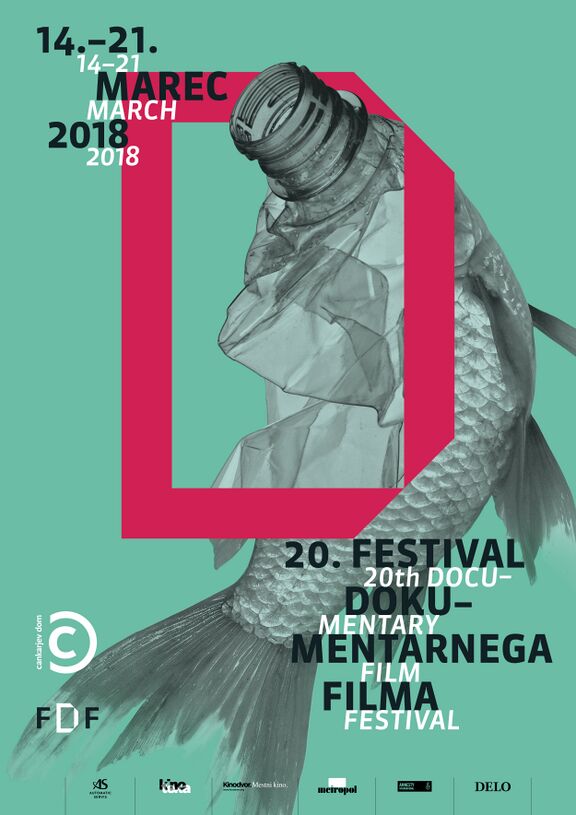Difference between revisions of "Ljubljana Documentary Film Festival"
Denis Valič (talk | contribs) m |
Denis Valič (talk | contribs) (Sections and awards) |
||
| Line 39: | Line 39: | ||
==Sections and awards== | ==Sections and awards== | ||
| + | |||
| + | The International Documentary Film Festival has five sections. The main Competitive section is dedicated to documentaries that are dealing with human rights issues and it is prepared in collaboration with Amnesty International Slovenia | ||
Revision as of 01:30, 2 March 2010
Sections and awards
The International Documentary Film Festival has five sections. The main Competitive section is dedicated to documentaries that are dealing with human rights issues and it is prepared in collaboration with Amnesty International Slovenia
The different programme sections present the so-called problem films, socially critical works, films about myths and icons of the present and the past, intimate portraits, as well as retrospectives of prominent Slovene and foreign documentarists. In 2009 the festival has introduced a competitive section: films addressing human rights issues compete for the award presented by the festival partner, Amnesty International Slovenia. The three-member international jury was comprised by a representatives of Amnesty International Slovenia, Watch Docs from Warsaw and Slobodna Zona Festival from Belgrade).
Some of the films premiered at the festival are later on distributed by Cankarjev dom and released in various theatres, next to Kosovel Hall usually in Kinodvor Cinema). In 2009 the two distributed films were: the Man on Wire by James Marsh, which received the Academy Award for Best Documentary, Elle s'appelle Sabine, directed by French actress Sandrine Bonnaire.
See also
- Cankarjev dom Culture and Congress Centre
- Ljubljana International Film Festival (LIFFe)
- Kinodvor Cinema




